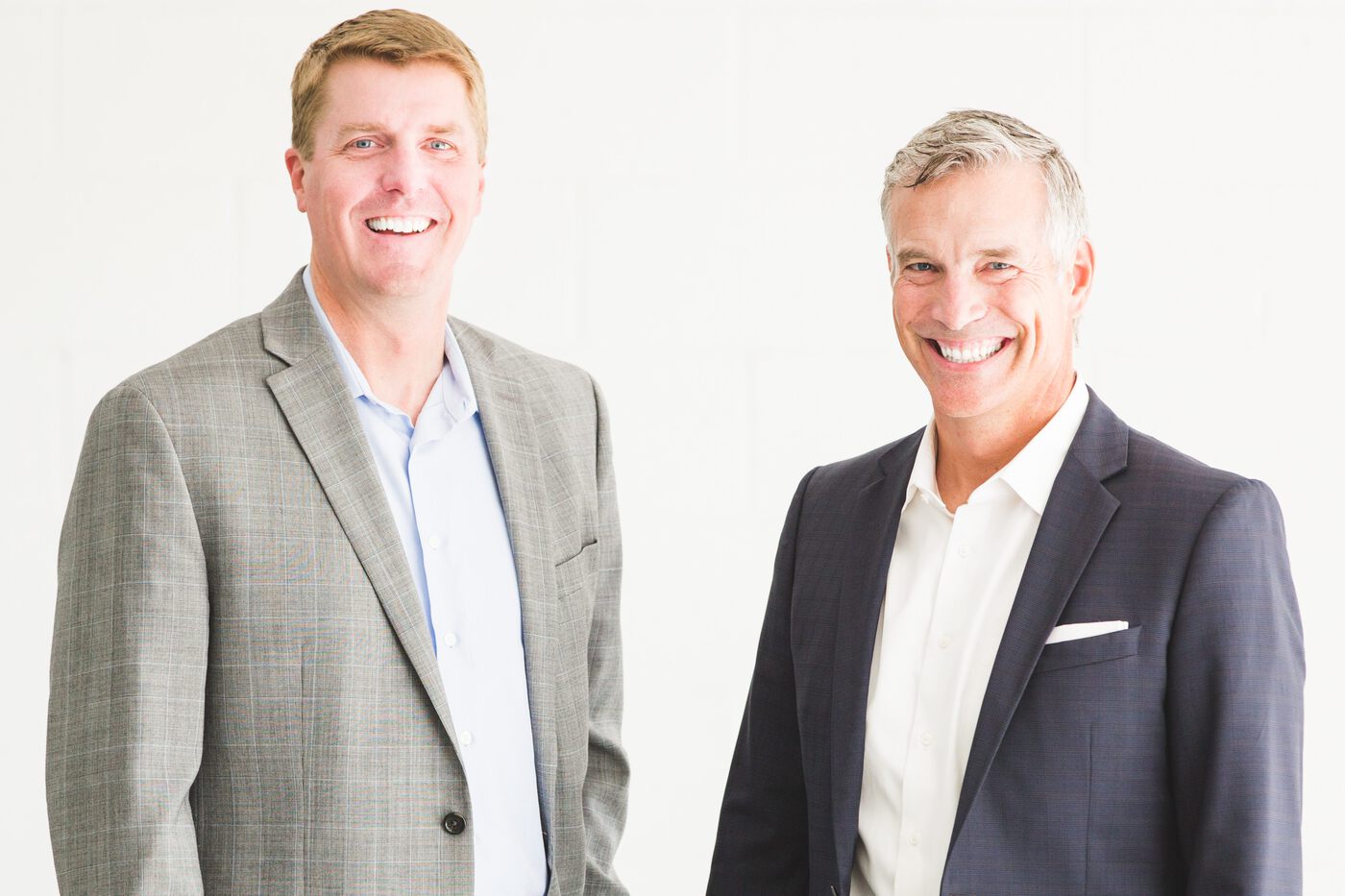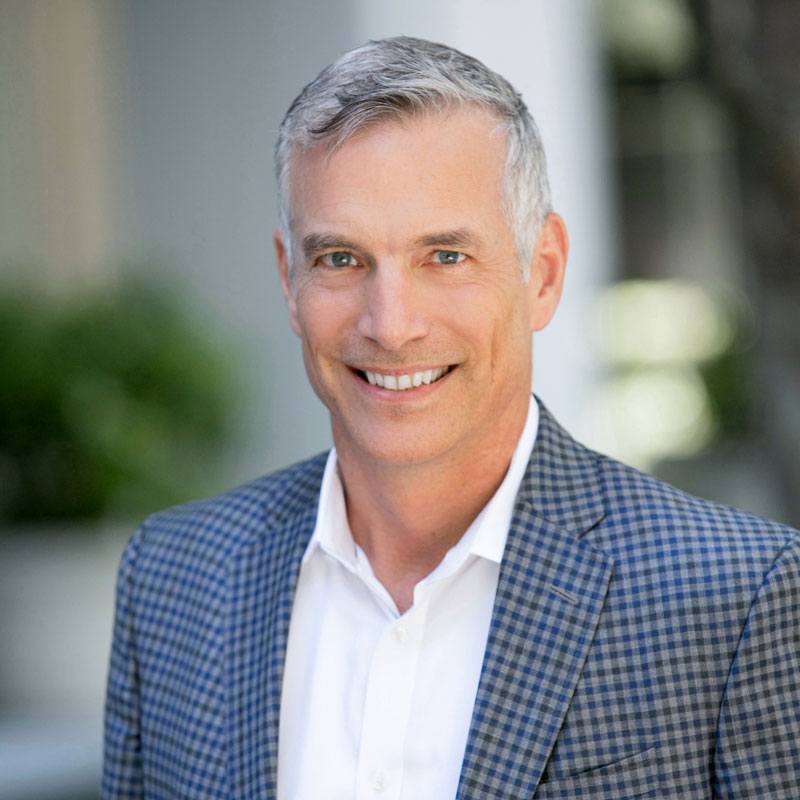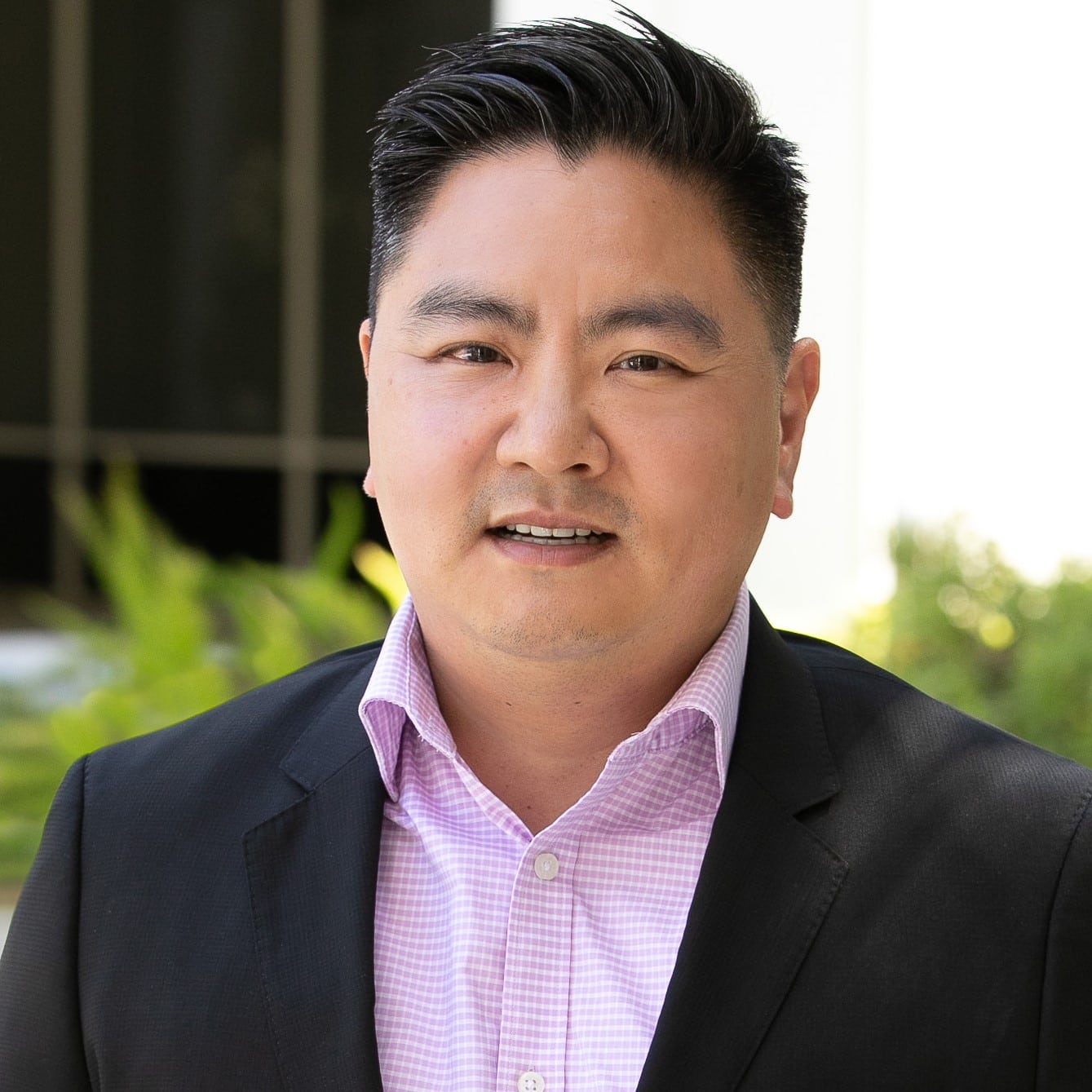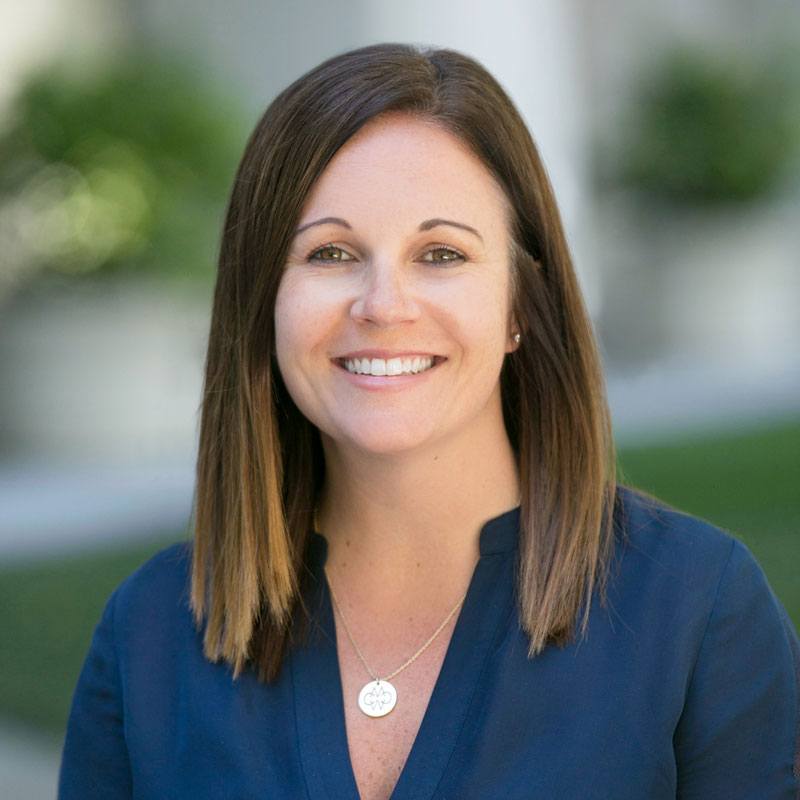FlemingMartin
FlemingMartin is focused on one thing – recruiting the best executive talent for our clients. We know that success hinges on leadership. Nothing is more critical to a company than the people setting the strategy and executing the business plan. FlemingMartin was founded with the idea that our business would be based entirely on our clients’ needs. Our goal is to forge long-term relationships with business leaders in our community and be a trusted resource to them for their executive search needs.
FlemingMartin is a retained executive search firm with offices in Northern and Southern California. We partner with Boards, Private Equity Firms and CEOs to build successful execution-focused management teams. Our principals are trusted advisors and business partners who enable companies to gain powerful, far-reaching, and lasting contributions from their executive-level human capital.
Securing Top Talent
Our principals have extensive executive search and management experience. More importantly, they know the key talent in the marketplace. They bring an in-depth understanding of the market conditions and management issues faced by Technology and Consumer companies operating in California.
Leading companies retain FlemingMartin to find the right executives to run their businesses and functional areas including General Management, Operations, Finance, Sales, Human Resources and Information Technology. Our skills are most useful when our clients are preparing for change: growth, management succession, strategic initiatives, and topgrading.
Our Story

Why did you choose to name the firm “FlemingMartin”?
FJ: Well, Marty and I take our executive search work very seriously, but we try not to take our ourselves too seriously. So, we decided to use our first names to convey how we are approachable and leave our egos at the door.
MM: Plus, both of our first names, Fleming and Martin (“Marty”), happen to be common surnames; the firm’s name comes across sounding like a business.
Why did you decide to start FlemingMartin in 2011?
MM: We wanted to create a firm where the focus was on high quality execution and give our candidates and clients a white glove experience. We realized that the best way to build an execution-focused firm, totally in line with our goals and ideals, was to ensure that experienced search professionals evaluate the talent. At sales-focused firms, a lot of search work gets delegated to junior people who can’t differentiate between good and great; those subtleties can get missed in evaluations.
FJ: I wanted the freedom to focus all my efforts on doing great executive search for my clients and I wanted to work with a partner who shared my values of quality execution and absolute honesty. In the executive search industry, there can be intense pressure to meet quarterly sales numbers and bring in new clients. Instead of focusing on quotas and worrying about internal competition, I wanted to be about finding the best talent for my clients. That comes through detailed process, hard work, and commitment to getting searches done right.
What are the differences between Marty and Fleming and how do you complement each other?
FJ: Marty is more detail oriented and he probably has the capacity to work harder than me! (Laughs.) Both of us are very good at execution and relationship-building, but relationship-building probably comes a little more naturally to me. There’s also this special quality to Marty—his innate curiosity. With any industry and company, Marty can quickly dig in and understand the business almost as well as people who have worked there for ten years!
MM: Fleming is a better people person. He’s got a better EQ and he has been in the search business longer. I’m probably a little stronger on the back-end of the business; I model stuff out and I’m solid with finances. After all, I ran the trade finance for a public company. It sounds corny, but Fleming thinks in Microsoft Word and I think in Microsoft Excel. He’s more of an artist and I’m more of a scientist. Also, in a search, I’m more focused on the front-end and finding out precisely who and what we’re looking for at the outset, before we reach out and contact people. Fleming wants to get out there and talk to people more quickly. Also, I’m more introverted and often I’d prefer to read up about a company whereas Fleming would prefer to first learn by talking with people who know the company.
How do your military backgrounds (West Point & U.S. Army; Annapolis & U.S. Navy) influence your work in search?
FJ: There’s a real sense of duty and responsibility. Those are truly key words in my life that I can’t let go of, sometimes to my own detriment. For both Marty and myself: when we say we’re going to do something, we do it. We take the word we give and the promises we make very, very seriously. Where we’ve come from, if you don’t follow through on your responsibilities, there are serious consequences.
MM: We thrive with performing very detailed processes. We treat people well and we operate with a lot of integrity. We don’t play games and we want to work effectively. We put in a ton of preparation and, although it’s a cliché, failure is really not an option. Also, since we came through the service academies, we grew up in leadership laboratories. In the military, you’re constantly being thrown in with new people and you’re evaluating competencies all the time. This experience can definitely be applied to executive search in the corporate environment.
Fleming, how did your experiences with The Dingman Company and other retained executive search firms prepare you for FlemingMartin?
FJ: The Dingman Company was founded in 1979. Bob Dingman was a peer to Lester Korn, Richard Ferry, Russell Reynolds and other patriarchs of the retained search industry. His firm reflected the ideals of what retained search should be. My time there was like a 5-year boot camp on executing great search. I really learned the science and art of search, the candidate side especially. At other firms, I learned how to build my own practice and work closely with my corporate client companies. I learned how to develop rapport, understand my clients and truly represent their interests, whether they were high tech startups or well-established consumer companies. Essentially, I learned the nuances of search.
Marty, how did your time with Accenture, the Haas School of Business and Eagle Global Logistics shape you?
MM: Accenture was my first intro to business life. I worked with high-end and high-quality people and I learned to manage projects and work effectively with clients. At Haas, I was fortunate to have Janet Yellen as my macroeconomics professor and had access to legendary businesspeople. It was a total immersion in a high excellence environment. Finally, Eagle was an opportunity to work with Fortune 500 companies, own a P&L, work globally, scale quickly, and to build projects from idea to execution.
How does being a California-centric firm differentiate FlemingMartin and add value for the clients?
FJ: California’s economy is the fifth largest in the world and we have around an eighth of the entire U.S. population here in California. Understanding the idiosyncrasies of living and working in California allows me to better understand what may attract someone to a specific area or city within California. Also, being a transplant to California allows me to speak to and connect with candidates who may be relocating here.
MM: Fleming and I both love the areas in which we work. We know our communities well and all the subtleties in our regions. We can sell our regions when recruiting outside of the local area. When we show candidates our region, we can make sure they have a truly great time and return home impressed.
How has FlemingMartin evolved since 2011?
FJ: We have a much greater appreciation of what it takes to run a business now, albeit on a minute scale compared to our clients. We’ve also learned to prioritize, picking our clients and searches more selectively. We’re able to say no to certain opportunities and we’ve learned to be flexible with long-term clients whose values we share.
MM: Our initial thesis—that if we treated people with the utmost respect, then the business model would take care of itself—has proven out. We’ve grown our team and we’ve gotten more active in our communities because of many happy, repeat clients. We’ve also put together great business and networking events over the last several years, so we have established ourselves as connectors in our communities.
Interview conducted by Jonah Klein





